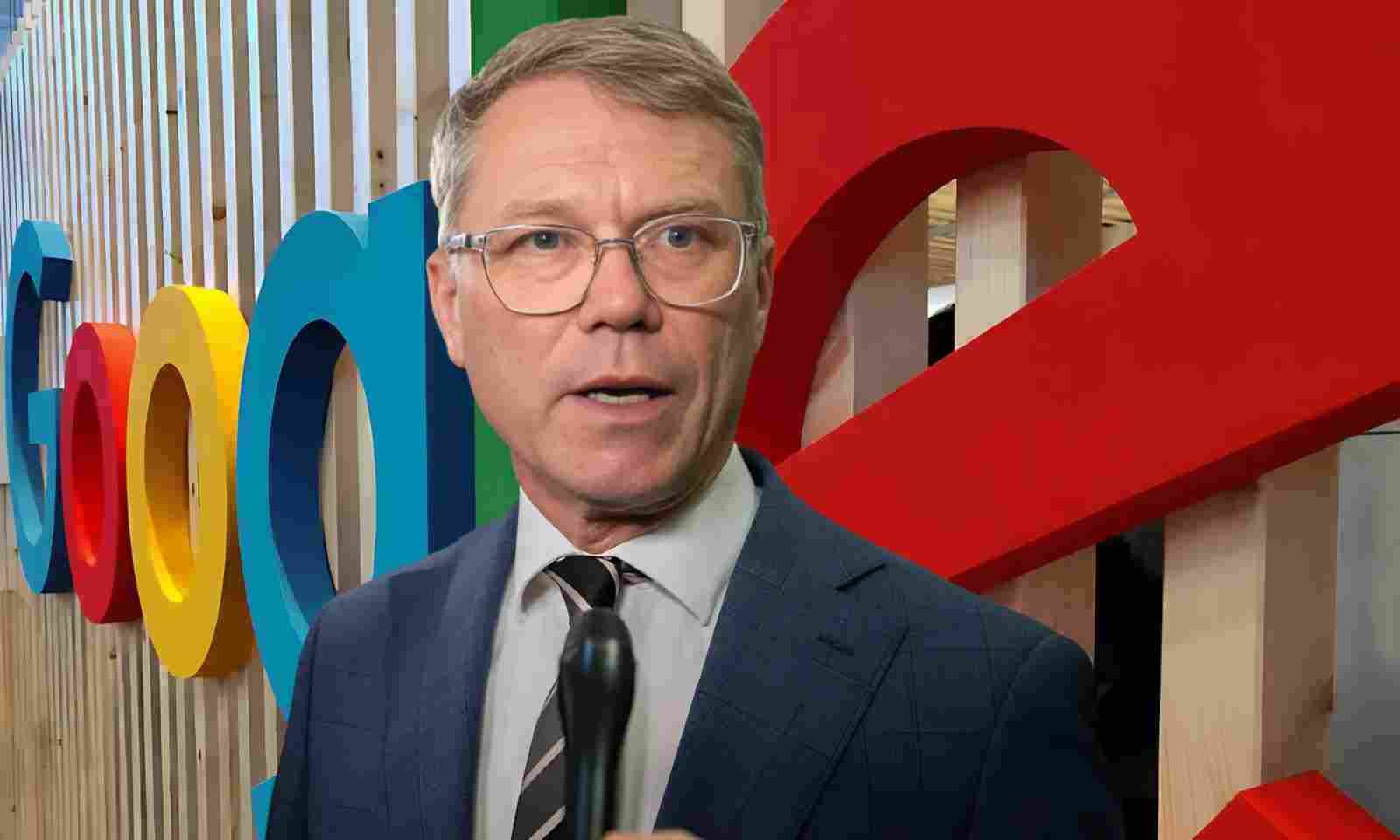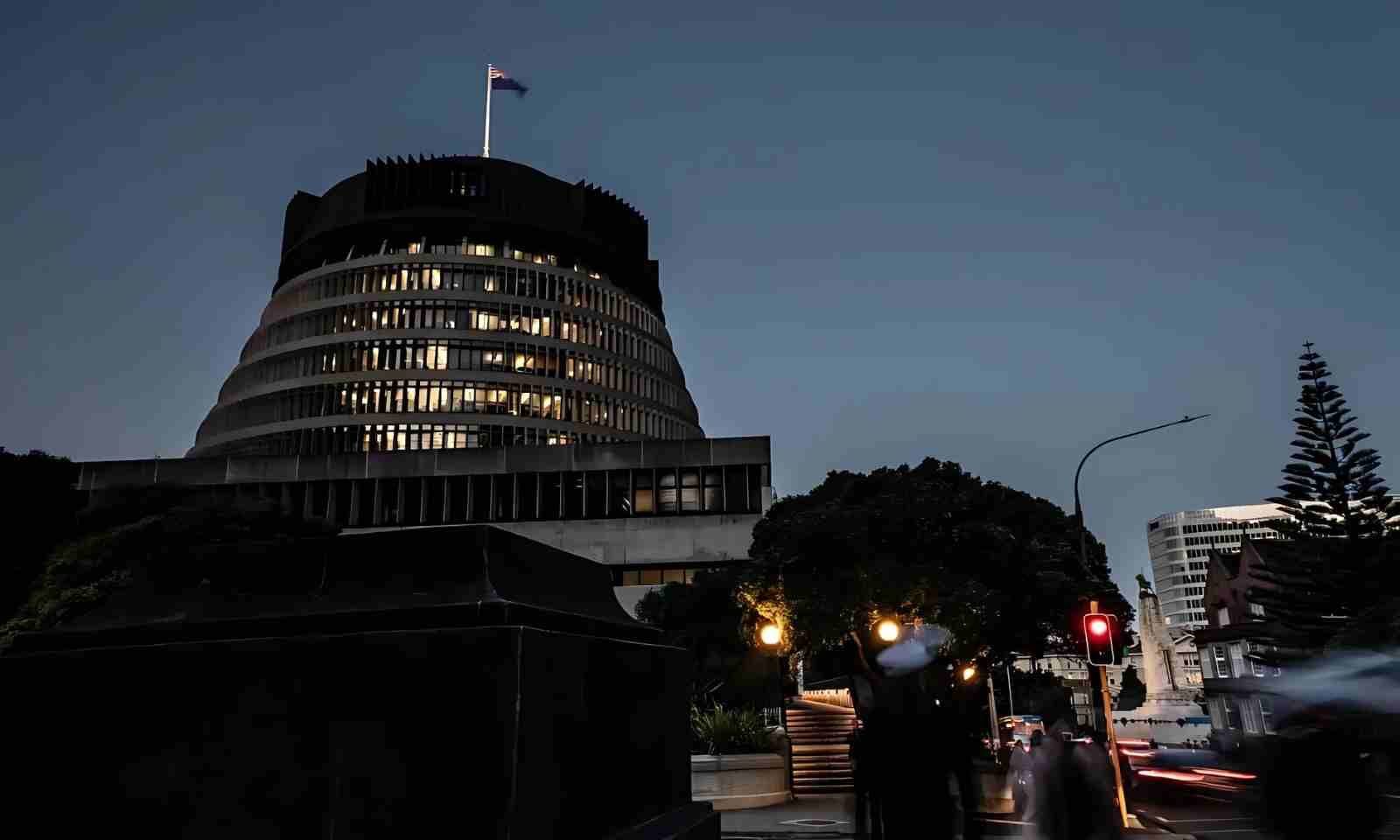

Photo/libnews.umn.edu
Fair News Bill: Expert warns small media outlets could suffer losses
Google has threatened to stop linking to news content in New Zealand if the proposed legislation to make offshore tech giants pay media companies is passed.


Pacific leaders call for unity after Bondi attack

Black Caps legend joins global fight against gender violence

US warns Fiji over human trafficking concerns linked to Grace Road Group

Sāmoan stars in Aotearoa NZ: Donell Lewis and Kennyon Brown tour with DJ Noiz

Pacific leaders call for unity after Bondi attack

Black Caps legend joins global fight against gender violence

US warns Fiji over human trafficking concerns linked to Grace Road Group
The global media industry faced significant challenges in 2023, and experts warn that 2024 may be equally challenging.
In New Zealand, the media sector is struggling, with a series of layoffs resulting in hundreds of job losses.

Photo/file
However, a proposed legislation - the Fair Digitial News Bargaining Bill - aims to address these issues.
The legislation would require major technology giants such as Google or Meta to negotiate with New Zealand media firms regarding the use of their content.
Patrick Smellie, the founding editor of Business Desk, is concerned about the Fair News Bill, suggesting that smaller media outlets might be substantially disadvantaged.
During an interview with William Terite on Pacific Mornings, Smellie said the bill could reshape the future of diverse journalism in unexpected ways.
The Government has postponed the bill's second reading, initially scheduled for last Wednesday, to November 13.
The minister responsible says the bill is still being prepared.
Media and Communications Minister Paul Goldsmith announced that the coalition government continues working on the legislation to present it to Parliament.
While he has not disclosed the specifics of the delay, Goldsmith said that he has been consulting with both media and technology companies during the bill's development.
Initially proposed by the former Labour government, the bill has drawn mixed reactions.
The current government has agreed to proceed with it, albeit with some amendments.
One fundamental change would allow the minister to determine which digital platforms the bill covers.
Supporters of the new legislation argue that it could provide financial relief to the struggling local media industry.

Media and Communications Minister Paul Goldsmith says the bill is still being prepared.
However, critics warn that it might ultimately do more harm than good.
Smellie says while he understands the rationale behind the bill, he believes it is fundamentally misconceived.
"I think this is going to apply as well to artificial intelligence search engines, which are coming along at a great speed now to pay for the news that they find," Smellie said.
"When you go to the internet and search for a topic, it comes up with a news item. At the moment, it benefits the news organisation because a person gets to read what they wrote, but Google, Facebook, and so on don't pay anything for all the work that's gone into making that content in the first place, or that news or that feature, or whatever it is that you're reading.
"The argument is fair that if you're going to surface my story with a Google search, maybe you should pay something for having done that because that's the value to the person who used Google."
Smellie says the challenge for New Zealand media companies is that they are competing with some of the largest corporations in the world.
He adds that these companies are unlikely to be intimidated by the small governments in the southern Pacific region.
"Not even particularly inclined to be bullied by the Canadian government, where the reaction to similar moves has been very negative and negative for the news industry there.

The Government postponed the bill's second reading. Photo/RNZ
"Things have been a little bit different in Australia. There's been an attempt to create a bargaining environment with some legislation in Australia. And I'm not sure that is going to necessarily work in the long-term.
"The worry is that Google, in particular, has been willing to make financial contributions to most New Zealand media, but it's not been willing to be forced to make those contributions," Smellie told Terite.
In October, Google announced its opposition to the bill, even threatening to stop linking New Zealand news content entirely and discontinuing the tech giant's commercial agreements with news publishers.
The government still needs to take up a select committee's recommendations to define artificial intelligence in the bill.
But Goldsmith has said that the government would change the bill as it was initially drafted.
Smellie says that as the bill progresses, Google has started withdrawing the funding it gave New Zealand media companies.
"The biggest losers will not be the biggest publishers. The biggest losers will be the small media, which have become quite dependent on the kind of funding that Google has been providing. And that's bad for media.
"In the long run, are people willing to pay for news? That's true of anything other than radio. Radio is such a wonderful medium because you just turn the radio on, and there it is. People are probably not going to pay for radio. That's very, very dependent on either government funding or advertising.
"I think there'll be an element of government funding required for certain types of media. And I think it's a perfectly legitimate thing for a government to believe that there needs to be some form of state media. That's why you have Radio New Zealand and TVNZ to some extent, although it's much more of a commercial organisation now."
Will people want to value the news first?
Smellie thinks this is one of the problems that the news industry created for itself.
"When the internet came along and started killing advertising for news, a foolish decision was made on a global basis, which was to put all news up on websites for free in the belief that advertising revenue would follow, and it didn't.
"The crisis in news really over the last 10 years has been about the fact that we've had to reverse that. We've had to start to try to ask people to pay for news. And that's happened in an environment in which I don't know that journalism has done itself a lot of favours because many people don't trust the news anymore.
"You're asking people increasingly to pay for something that they don't trust. There's some huge jobs ahead for media, traditional news media, which have first to do with being trusted.
"Second to do with telling people things that they need to know so badly that they're willing to pay for them rather than things they don't really want to know about at all, which they can get for free, and offering a more compelling advertising proposition. I think this is as simple as that with plus government funding."
The ACT Party has invoked the 'agree to disagree' clause in the coalition agreement and says it will not support the bill.